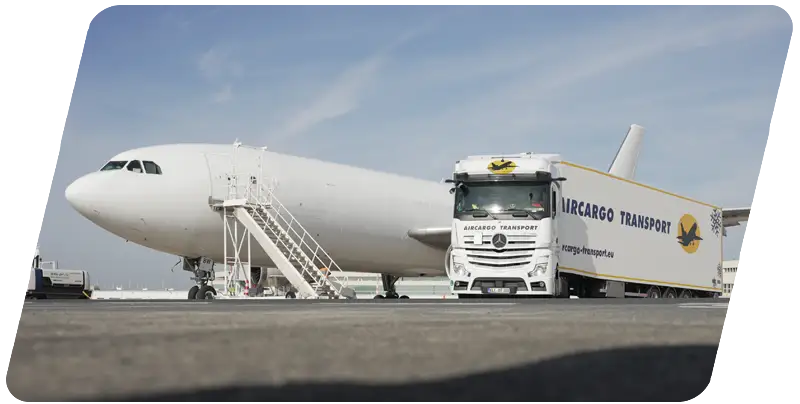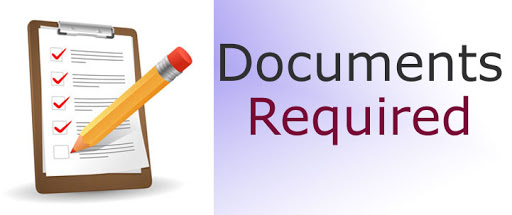- By TOP CHINA FREIGHT
- September 27, 2025
- Air Freight, Shipping
Table of Contents
Air freight in China plays a crucial role in international trade, powering global supply chains with speed and efficiency. For businesses that value time-sensitive delivery and reliability, understanding how air freight works, what it costs, and how to optimize processes is essential. This guide explores the costs, transit times, documentation, and strategies to make air freight in China both efficient and cost-effective.

What is air freight in China and why is it essential?
Air freight in China refers to the transportation of goods by air from Chinese airports to destinations across the globe. With China being the world’s largest exporter, the demand for quick and reliable logistics solutions has made air shipping indispensable.
Moreover, businesses dealing in high-value, perishable, or urgent goods often prefer air freight due to its speed and safety compared to sea or rail. This makes it the go-to solution for sectors such as electronics, pharmaceuticals, luxury goods, and e-commerce.
How much does air freight in China cost?

The cost of air freight in China varies based on weight, dimensions, destination, and the urgency of delivery. Airlines use a chargeable weight system, billing either the actual weight or volumetric weight, whichever is greater.
Average Air Freight Rates (2025, USD/kg):
| Destination | Transit Time | Average Cost (USD/kg) | Notes |
|---|---|---|---|
| USA (West Coast) | 3–5 days | $4.5 – $6.5 | Popular for electronics and e-commerce |
| USA (East Coast) | 5–7 days | $5.5 – $7.5 | Longer routes, slightly higher costs |
| Europe | 4–6 days | $4.0 – $6.0 | Fashion and luxury goods shipments |
| Middle East | 3–5 days | $3.5 – $5.5 | Strong demand for industrial parts |
| Africa | 5–8 days | $5.0 – $8.0 | Limited routes, higher surcharges |
What factors affect air freight rates from China?
Several variables influence shipping prices:
1.Weight and Size:
Large or bulky shipments may incur higher volumetric charges.
2.Route and Distance:
Long-haul destinations typically cost more.
3.Fuel Costs:
Fluctuations directly impact surcharges.
4.Seasonal Demand:
Rates increase during Chinese New Year and holiday seasons.
5.Customs Fees:
Import duties and taxes add to final expenses.
Therefore, businesses can reduce costs by consolidating shipments, avoiding peak seasons, and working with experienced freight forwarders.
How long does air freight in China take?
Transit times depend on routes, airport handling efficiency, and customs clearance. Although flights take only hours, total delivery usually spans several days.
Transit Times by Destination (Including Handling):
| Destination | Direct Flight Time | Total Transit (with clearance) |
|---|---|---|
| USA | 12–16 hours | 3–7 days |
| Europe | 10–14 hours | 4–6 days |
| Middle East | 8–12 hours | 3–5 days |
| Africa | 12–18 hours | 5–8 days |
What documents are required for air freight in China?

Proper documentation is critical to avoid customs delays.
Checklist of Essential Documents:
| Document | Purpose |
|---|---|
| Commercial Invoice | Declares value and product details |
| Packing List | Specifies cargo contents and quantities |
| Air Waybill (AWB) | Proof of carriage between shipper and carrier |
| Export License (if needed) | Required for restricted goods |
| Certificate of Origin | Confirms manufacturing country |
Additionally, HS codes must be accurate to prevent fines and reclassification.
What types of goods benefit most from air freight in China?
Air freight is suitable for goods requiring speed, safety, and careful handling. Examples include:
- Consumer electronics (phones, tablets, laptops)
- Pharmaceuticals and medical devices
- Perishable goods like seafood and flowers
- Fashion and seasonal items
- Automotive or industrial spare parts
Therefore, companies with time-sensitive supply chains can leverage air freight for maximum efficiency.
How does air freight compare with sea and rail shipping?
When choosing between air, sea, and rail, businesses must balance cost and urgency.
Comparison of Shipping Modes:
While sea is cheapest, air remains the top choice when speed matters.
How can businesses reduce air freight costs in China?
Secure cargo space before demand peaks.
Share containers to lower per-kg costs.
Use secondary airports to avoid congestion fees.
Work with forwarders offering long-term discounts.
Avoid holidays when rates surge.
Case Study: Cost optimization for a UK importer

A UK retailer importing electronics from Shenzhen initially shipped weekly by express courier, paying around $6.8/kg. By consolidating shipments into bi-weekly standard air freight, negotiating with a forwarder, and routing through Amsterdam instead of Heathrow, they cut costs to $4.9/kg while keeping delivery within 6 days.
This highlights how strategic choices in air freight in China can reduce costs without compromising timelines.
Should you choose express courier or standard air freight?
Businesses can select express courier (DHL, UPS, FedEx) or standard air freight.
Comparison:
| Option | Transit Time | Cost | Best For |
|---|---|---|---|
| Express Courier | 2–5 days | High | Small, urgent parcels |
| Standard Air | 4–8 days | Moderate | Larger, less urgent shipments |
Therefore, companies must evaluate budget, urgency, and shipment size before deciding.
What role do Chinese airports play in air freight logistics?
Conclusion
Air freight in China continues to be a cornerstone of international trade, offering unmatched speed, reliability, and global connectivity. While costs are higher compared to sea or rail, businesses shipping high-value, fragile, or time-sensitive goods find it invaluable. By understanding rate structures, preparing proper documents, and applying cost-saving strategies, companies can streamline logistics and strengthen their supply chains.
Need a Shipping Quote?
If you want expert guidance and peace of mind, our team is ready to assist.
TJ China Freight offers tailored solutions to help businesses of all sizes ship more reliably from China.

FAQ
Q1:Can I ship dangerous goods by air from China?
Yes, but dangerous goods require compliance with IATA rules, proper packaging, and special documentation. Always check with your carrier first.
Q2:Is air freight in China suitable for small businesses?
Yes, small businesses can benefit from air freight, especially for high-value or urgent products. Forwarders often offer consolidation services to reduce costs.
Q3:Are customs duties included in air freight costs?
No, duties and taxes are separate from freight charges. Importers must handle them at destination customs clearance.
Q4:Which Chinese airports handle the most cargo?
Shanghai Pudong, Beijing Capital, and Guangzhou Baiyun are the largest cargo hubs, with extensive global connections.
Q5:What happens if my shipment is delayed at customs?
Delays may occur if documents are incomplete. To avoid issues, prepare invoices, HS codes, and certificates in advance.
